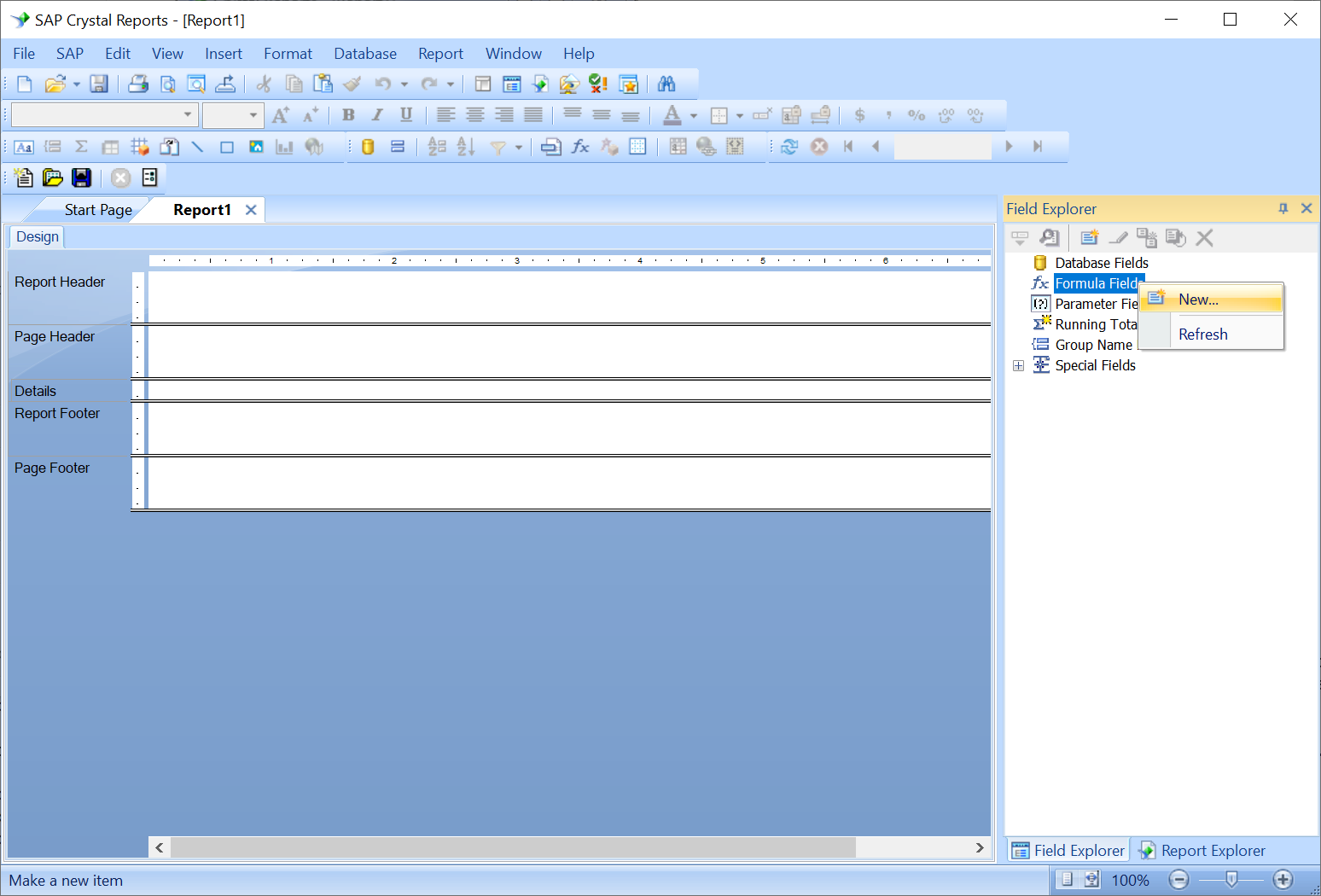
“Contrast that with growing levels of food insecurity and folks not being able to access affordable nutrition, and you start to see how tackling supply-chain inefficiency can have a dramatic impact from both an environmental and a social lens. “Project Drawdown has identified food waste as the number one priority to address the global climate crisis, so these types of corporate initiatives can be really powerful from an environmental standpoint,” Ashenfelter says, noting the nonprofit estimates food waste accounts for 8 percent of global greenhouse gas emissions. Those brands are already using the platform to reduce food waste and get more food on people’s tables. Spoiler Alert is working with global companies like Nestle, Kraft Heinz, and Danone, as well as discount grocers like the United Grocery Outlet and Misfits Market. “You can think of it as a private eBay of sorts.”
#Crystal reports 2013 grow fields software#
“At a high level, we’re a waste-prevention software built for sales and supply-chain teams,” Ashenfelter says. The platform is designed to work with companies’ existing inventory and fulfillment systems, using automation and pricing intelligence to further streamline sales. Spoiler Alert helps brands manage distressed inventory data, create offers for potential buyers, and review and accept bids. “There is a tremendous amount of underutilized data that exists in the manufacturing and distribution space that results in good food going to waste,” says Ricky Ashenfelter MBA ’15, who co-founded the company with Emily Malina MBA ’15. The platform helps brands discount or donate excess and short-dated inventory days, weeks, and months before it expires. Spoiler Alert, a company founded by two MIT alumni, is helping companies bridge the gap between food waste and food insecurity with a platform connecting major food and beverage brands with discount grocers, retailers, and nonprofits.

On the other end of the supply chain are cash-strapped consumers, who have been further distressed in recent years by factors like the Covid-19 pandemic and inflation.

That means the water, labor, energy, and fertilizer that went into growing, processing, and distributing the food is wasted. About a third of the world’s food supply never gets eaten.


 0 kommentar(er)
0 kommentar(er)
